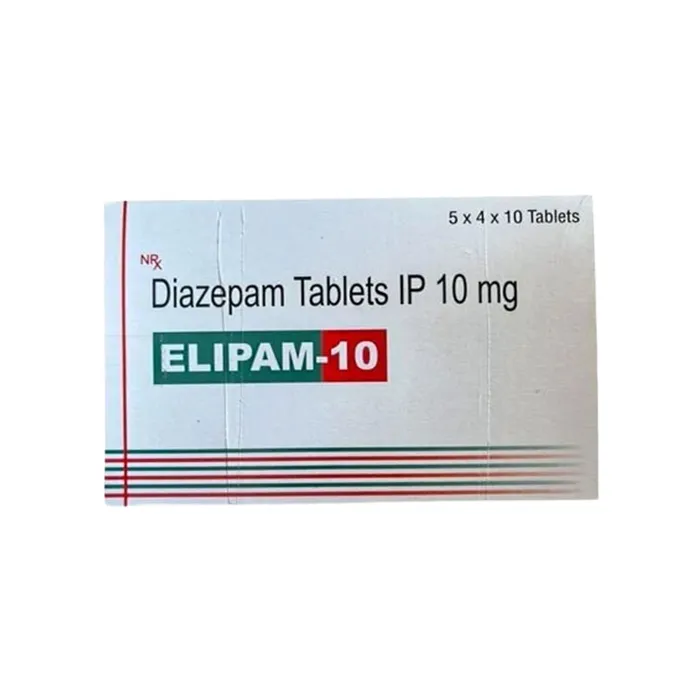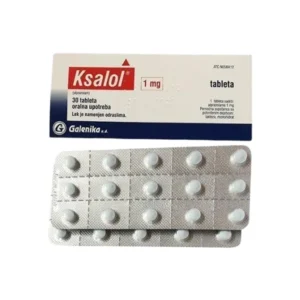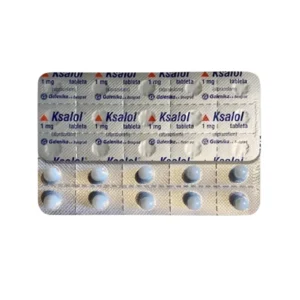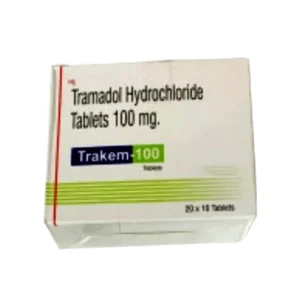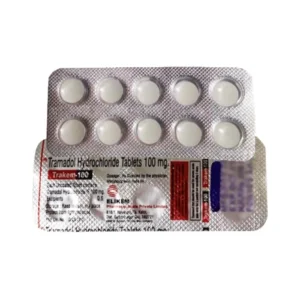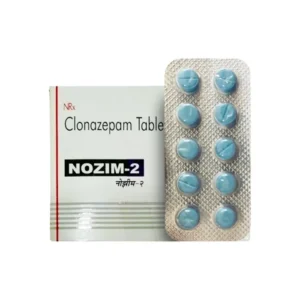Elipam-10 is a prescription medication containing 10 mg of diazepam, a benzodiazepine derivative. Diazepam is commonly used to treat conditions such as anxiety disorders, muscle spasms, seizures, and symptoms associated with alcohol withdrawal.
Uses:
- Anxiety Disorders: Diazepam helps alleviate symptoms of anxiety by producing a calming effect on the brain and nerves.
- Muscle Spasms: It is effective in relieving muscle spasms and associated discomfort.
- Seizures: Diazepam is utilized in the management of certain types of seizures, including status epilepticus.
- Alcohol Withdrawal: It aids in reducing symptoms associated with acute alcohol withdrawal, such as agitation and tremors.
Dosage and Administration:
The typical oral dosage for adults varies based on the condition being treated:
- Anxiety: 2 to 10 mg, 2 to 4 times daily.
- Muscle Spasms: 2 to 10 mg, 3 to 4 times daily.
- Seizures: 2 to 10 mg, 2 to 4 times daily.
- Alcohol Withdrawal: 10 mg, 3 to 4 times during the first 24 hours, reducing to 5 mg as needed.
Dosages should be individualized based on patient response and medical condition. It’s essential to follow a healthcare provider’s instructions and not to adjust the dose without consultation.
Contraindications:
Elipam-10 is contraindicated in patients with:
- Known hypersensitivity to diazepam.
- Severe respiratory insufficiency.
- Severe hepatic insufficiency.
- Sleep apnea syndrome.
- Myasthenia gravis.
Additionally, it is not recommended for use in infants under six months of age.
Warnings and Precautions:
- Dependence and Withdrawal: Prolonged use can lead to physical and psychological dependence. Abrupt discontinuation should be avoided; instead, gradually taper the dose under medical supervision.
- CNS Depression: Diazepam can cause sedation, dizziness, and impair motor functions. Patients should avoid activities requiring mental alertness, such as driving, until they understand how the medication affects them.
- Concomitant Use with Opioids: Using diazepam in combination with opioids may result in profound sedation, respiratory depression, coma, or death. Such combinations should be reserved for patients where alternative treatments are inadequate, and both the dosage and duration should be limited.
Side Effects:
Common side effects include:
- Drowsiness.
- Fatigue.
- Muscle weakness.
- Ataxia (loss of coordination).
Serious side effects, though rare, may include respiratory depression, severe hypotension, and psychological dependence.
Drug Interactions:
Diazepam’s sedative effects can be potentiated when combined with other central nervous system depressants, such as alcohol, barbiturates, and narcotics. Concurrent use with these substances should be approached with caution.
Storage:
Store Elipam-10 tablets at room temperature, away from moisture and direct light. Keep out of reach of children.
Manufacturer:
Elipam-10 is manufactured by Elikem Pharmaceuticals Pvt. Ltd., based in Gujarat, India.
Note: This information is a summary and does not contain all possible details about Elipam-10. Always consult a healthcare provider for comprehensive medical advice tailored to individual needs.

 USA,
USA,  UK,
UK,  Europe,
Europe,  Australia,
Australia,  Hong Kong and
Hong Kong and  Japan.
Japan.